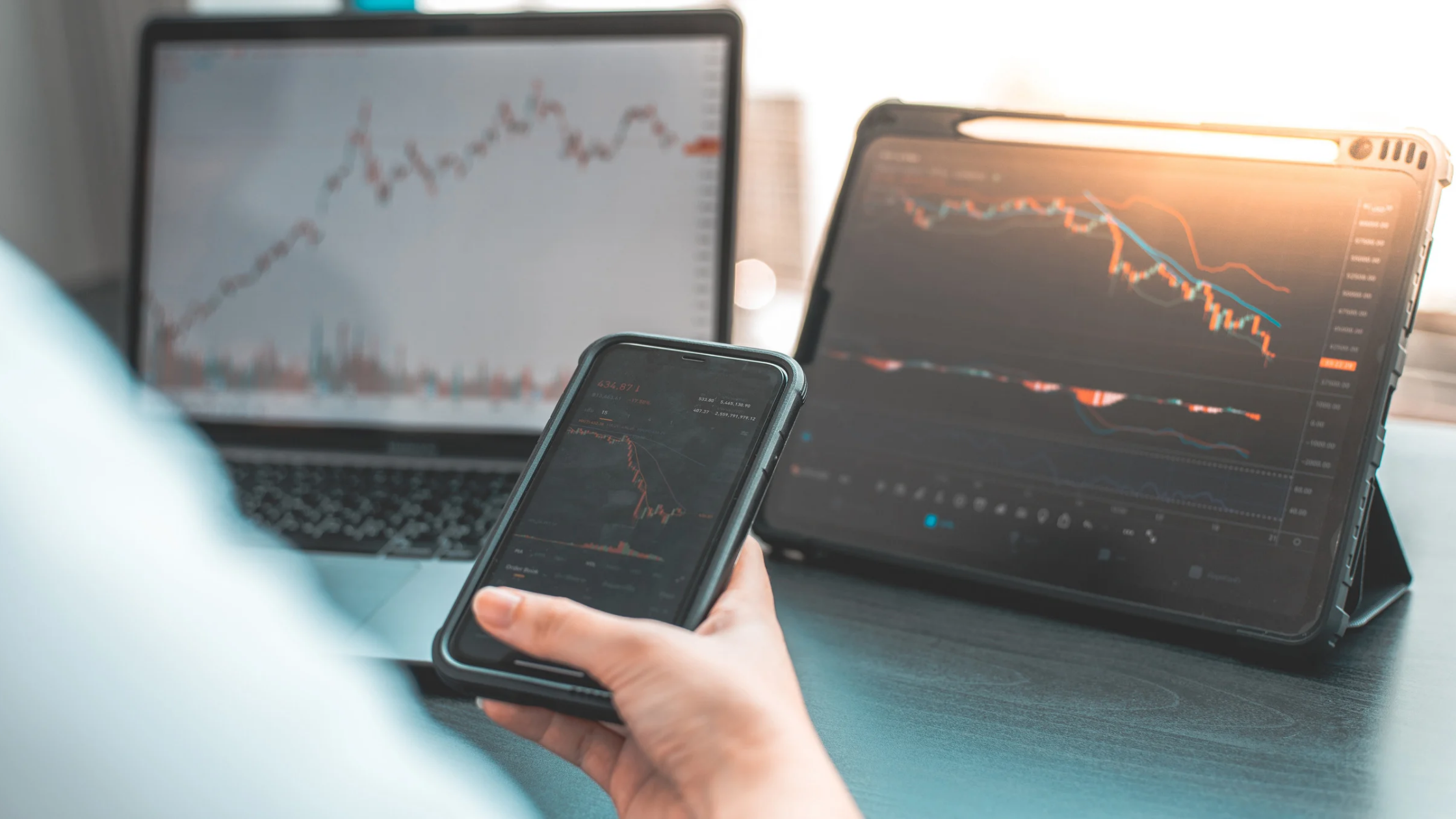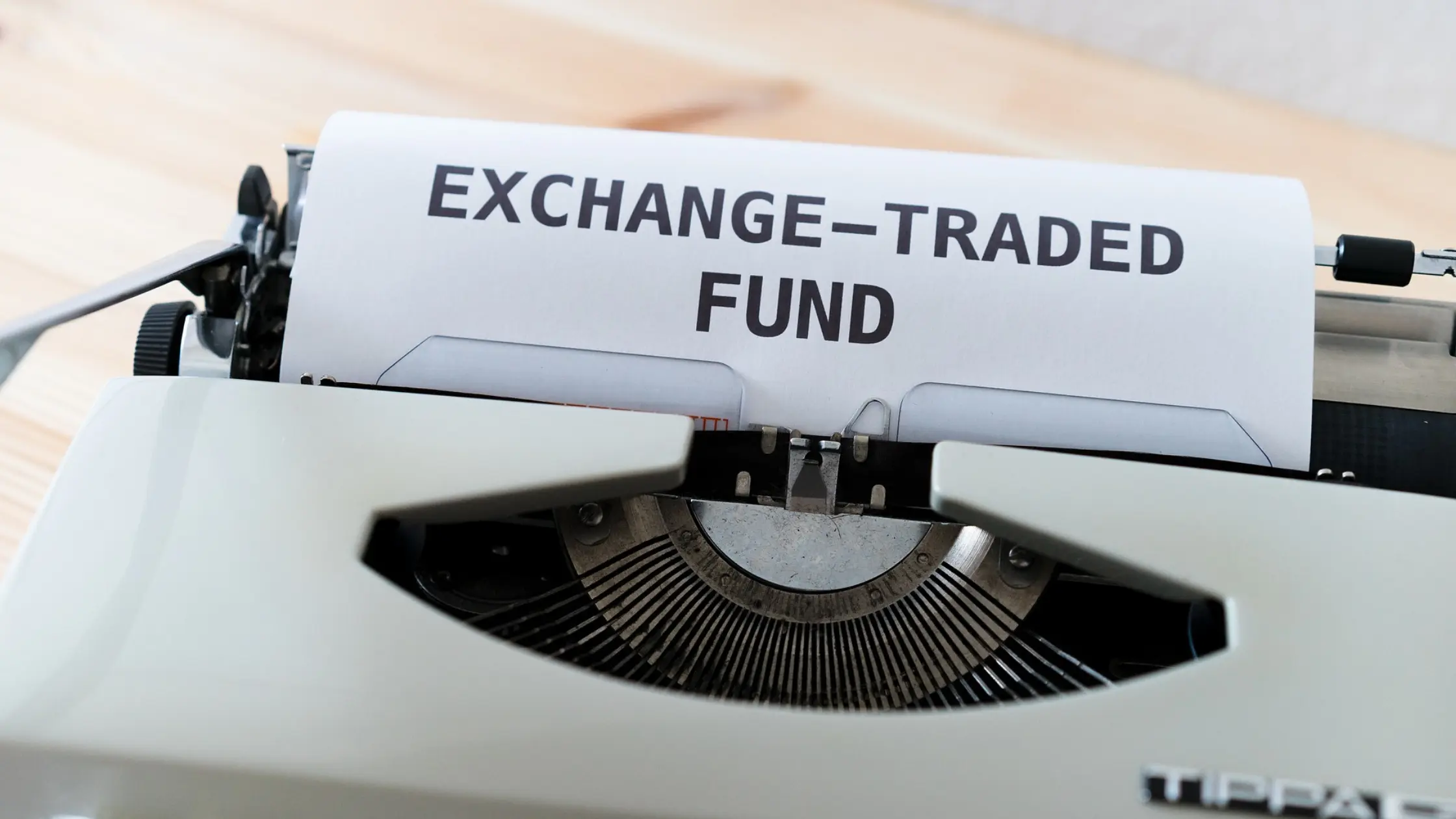What Are Contracts For Difference?
November 7, 2020

A contract for difference, better known as a “CFD”, is a financial contract that delivers to investors the differences in the settlement price between opening and closing trades.
It’s essentially a derivative, which is a financial instrument that derives value from an underlying asset.
However, it’s responsible (and important) to note that CFDs are considered complex financial products and they are not intended for any beginner-level investor.
That’s because they tend to use “leverage”, which is debt, to generate outsized returns. Indeed, this can be a slippery slope for any inexperienced investor.
Long-term investors probably won’t see any reason to trade CFDs. Rather, only seasoned and sophisticated short-term traders will likely benefit from investing in them.
That’s because they are highly speculative and provide a bet on the future short-term direction of asset prices.
1. Trading on the short-term direction of prices
Given CFDs are complex investment products, they are intended to be short term in nature.
They are particularly popular instruments to use when trading foreign exchange (FX, or foreign currencies), stocks and commodities.
Traders in CFDs are betting on the direction of a particular asset or security. For example, an investor who expects an upward movement in price will buy a CFD while someone who thinks the price will go down will sell an opening position (for someone else to buy).
2. How can I benefit from investing in contracts for difference?
If you’re an experienced trader who has a history of trading other financial derivative instruments, such as options, then CFDs can offer another avenue to generate short-term, momentum-driven profits.
Given the availability of CFDs in multiple markets, it’s also a very large and liquid market for seasoned investors to take advantage of.
Even though the US actually prohibits citizens from trading in CFDs, many other markets offer ample opportunities.
Yet, there are some important caveats to take not of when trading in CFDs:
- Leverage can be used – This can be dangerous as (just like margin trading in stocks), using debt can boost your returns. But it’s also a double-edged sword. If you are on the losing end of a trade then your losses will be magnified and you could owe much more money than you initially put in.
- Potential illiquidity – Although many CFD markets are liquid, there can be times when there aren’t enough trades being made on an underlying asset. What happens then is that traders can be caught in a no-man’s land where the price of a CFD can fall below a pre-agreed price. It will then require additional payments or funds to close the position.
3. How do I invest in contracts for difference?
Investing in CFDs is relatively easy. Many brokers in Singapore offer access to markets across Asia, as well as in Europe. Leverage, or margin, can also be tapped if required.
4. How do I choose contracts for difference?
If you’re a seasoned investor and trader, you’ll likely already have an idea what type of CFDs you want to trade.
Many who are already active in the space enjoy trading in foreign currencies or ETFs. That’s because they’re two extremely liquid markets – with foreign currencies seeing global trading volumes of over US$5 trillion per day.
That sort of volume far outweighs the activity seen on global stock markets. However, understanding what you’re buying into or selling with CFDs is crucial.
As mentioned earlier, CFDs are for experienced traders, and is not suitable for those of us looking to generate long-term returns from investments.
Ensuring you are comfortable with trading financial derivatives, and what that entails, is a prerequisite before dabbling in CFDs.

Tim Phillips
Tim, based in Singapore but from Hong Kong, caught the investing bug as a teenager and is a passionate advocate of responsible long-term investing as a great way to build wealth.
He has worked in various content roles at Schroders and the Motley Fool, with a focus on Asian stocks, but believes in buying great businesses – wherever they may be. He is also a certified SGX Academy Trainer.
In his spare time, Tim enjoys running after his two young sons, playing football and practicing yoga.







